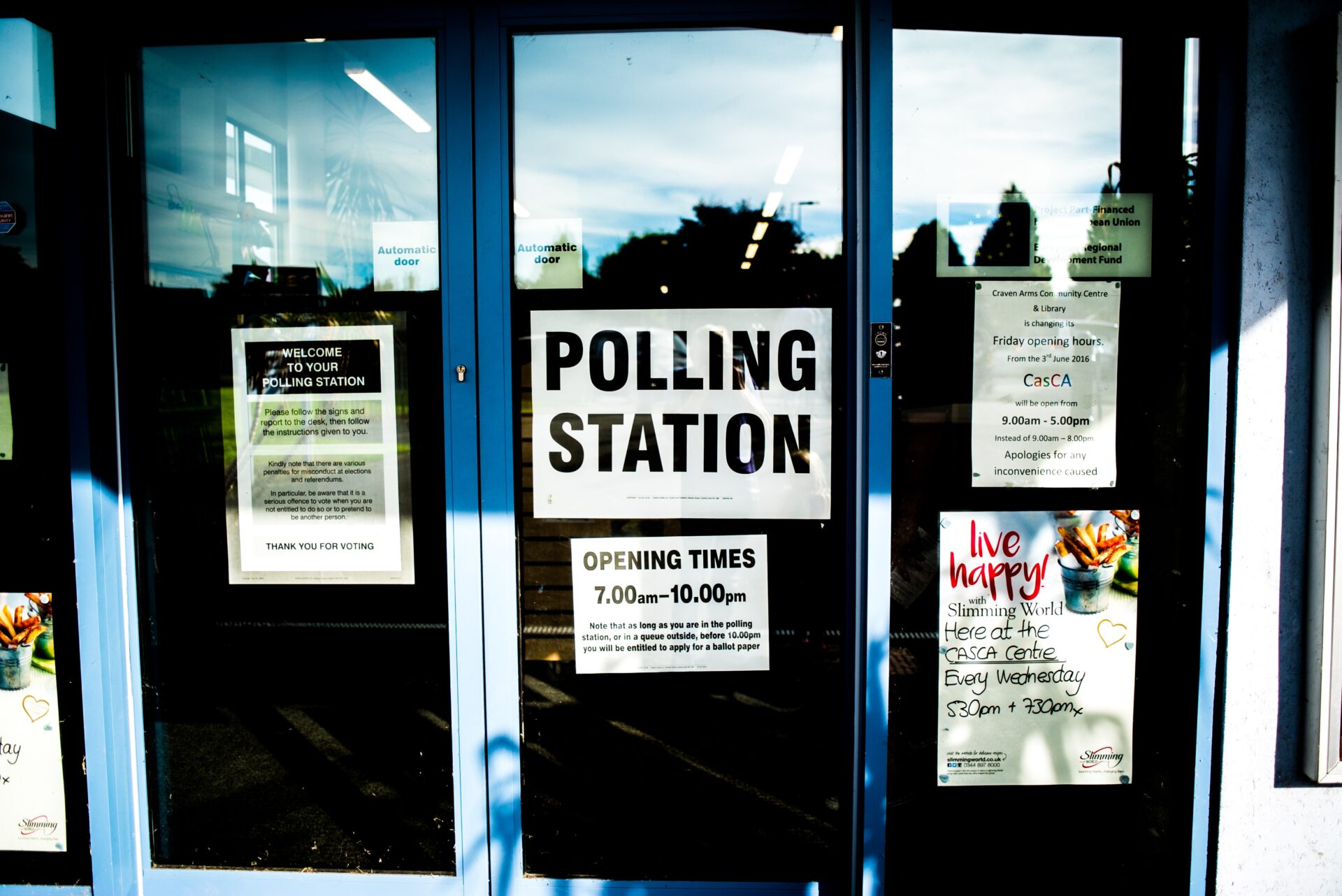Local Elections 2023: What we know so far

Oh, how I miss the halcyon days of yore when all election results were counted overnight. For political obsessives like me, there is nothing more frustrating than an extended election count which began around midnight last night and won’t conclude until Friday evening.
At a national level, early results suggest that Labour is making the kind of gains it needs to at least become the largest party in Parliament at the next General Election, with the Lib Dems also showing that they can eat into the southern ‘Blue Wall’ by taking control of traditionally Conservative Councils.
But at 9am on Friday 5 May, here are my top three takeaways on the early results across the North of England:
1. Labour is making progress
It’s clear that Labour under Sir Keir Starmer is making progress across the region, directly at the expense of the Conservatives. In the 11 councils that have been declared, Labour has gained a total of 21 new councillors, with 18 seats taken from Conservatives. Whilst this hasn’t so far translated into council gains, Labour has solidified its position in all of the North West councils which have declared, becoming the largest party in Bolton. In the North East, Labour almost took overall control in Hartlepool, strengthened its majority in Sunderland, whilst also winning the directly-elected Mayor in Middlesbrough.
2. Keep an eye on the Lib Dems
The party is on course to have a strong result across the country and this is beginning to be reflected in the authorities the Lib Dems targeted at the start of the campaign. The party has retained its majority in Hull and added to its numbers in Newcastle and Sunderland.
3. A bad night for Independents
Early results seem to suggest that we have seen the high watermark for independent councillors across the North. At the time of writing, there is a net loss of Independent councillors across our patch, with losses in Sefton, Sunderland, Hartlepool and South Tyneside.
With hundreds of seats yet to be counted a clearer picture will emerge as the day unfolds. As things stand the Conservatives are on track for a performance as bad as pundits had predicted.
For property professionals, changes at a local council level may well be limited. But with more Green and Lib Dem councillors already elected, engagement strategies will need to reflect the broader political representation that we are likely to see in town halls across the region and the priorities that they will have when it comes to development.
BECG is the sector specialist communications consultancy for the built environment and is the PRCA’s Public Affairs Consultancy of the Year. You can see our full local elections analysis here or contact kevin.whitmore@becg.com if you require advice on the politics of planning in the North of England.
Selected industry experts bring you insight and expert advice, across a range of sectors.
Subscribe for free to receive our fortnightly round-up of property tips and expertise
Selected industry experts bring you insight and expert advice, across a range of sectors.
Subscribe for free to receive our fortnightly round-up of property tips and expertise


